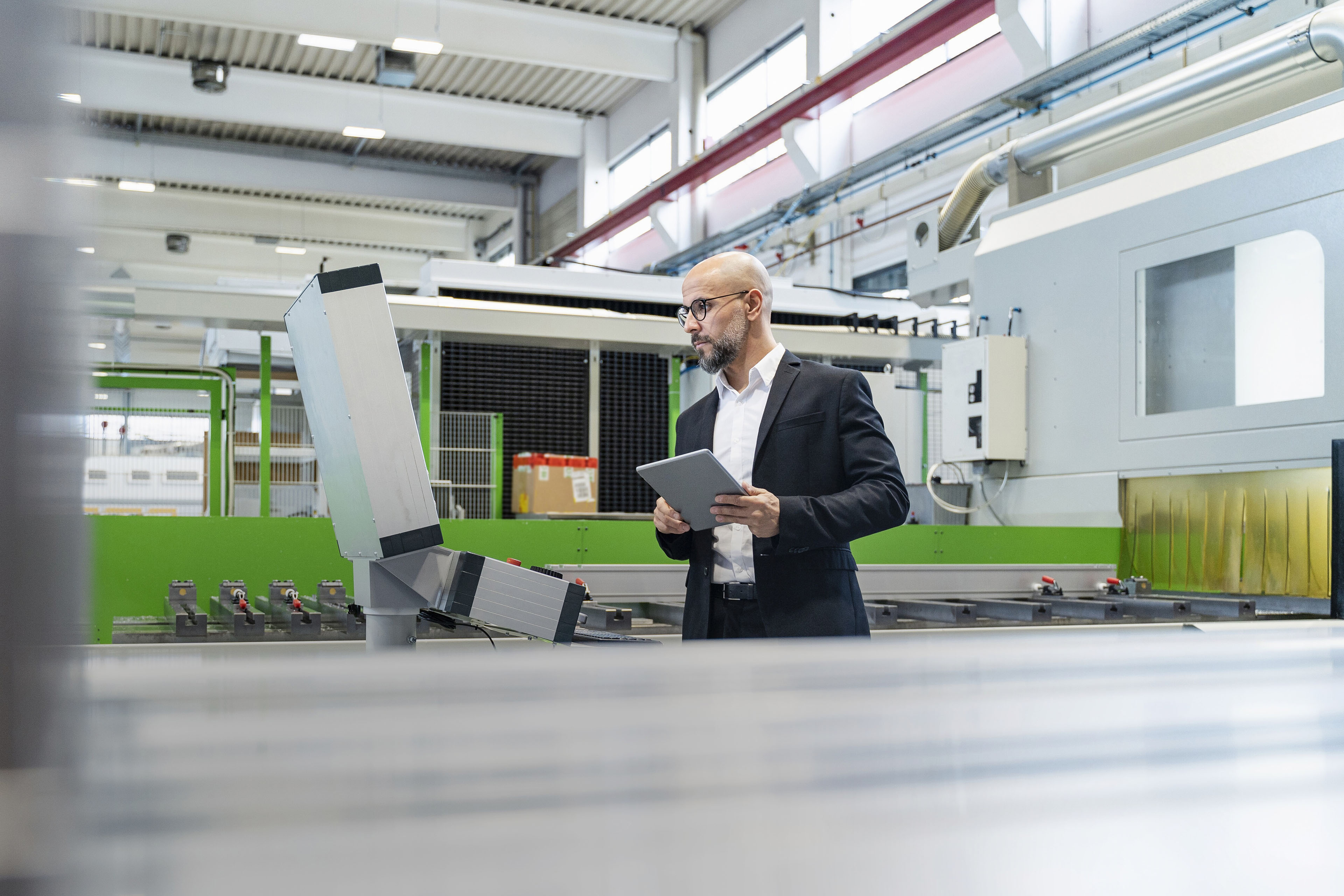EY refers to the global organization, and may refer to one or more, of the member firms of Ernst & Young Global Limited, each of which is a separate legal entity. Ernst & Young Global Limited, a UK company limited by guarantee, does not provide services to clients.
How RPA can improve efficiency and employee engagement
The better the question
Can RPA take the robot out of the human?
Filing VAT returns is a time and labor intensive task.
An EY financial technology client used to manually prepare Excel templates to file value-added tax (VAT) returns for more than 250 entities in China every month. It’s a tedious, time-consuming task, which led to low staff morale and high turnover.
Leveraging experience and knowledge from their EY colleagues in the US and Australia, the Shanghai Tax Services team asked: “Can RPA take the robot out of the human?”
The better the answer
Automating VAT returns
Robotic process automation is streamlining the process.
The team proposed a robotic process automation (RPA) solution to automate the VAT returns process, and then designed and developed a customized RPA solution for the client. As well as completing and filing the returns, the solution added a built-in data analysis tool and central storage function so information could easily be accessed, organized and filtered.
The better the world works
Improved efficiency and morale
A happier and more productive workforce.
As a result, the client’s in-house process was shortened from approximately 1,400 hours to 280 hours every year. The automated process eliminated human error and allowed staff to focus on higher-value work, such as gaining insights from the data to drive a higher value for their clients.
Morale improved and the staff turnover rate stabilized. As a result, the client has asked for EY’s help to automate and increase the efficiency of financial and overseas tax functions across multiple service lines.
This was the first tax RPA solution introduced in mainland China by any of the Big Four firms and has also been extended to other G360 clients in China.





